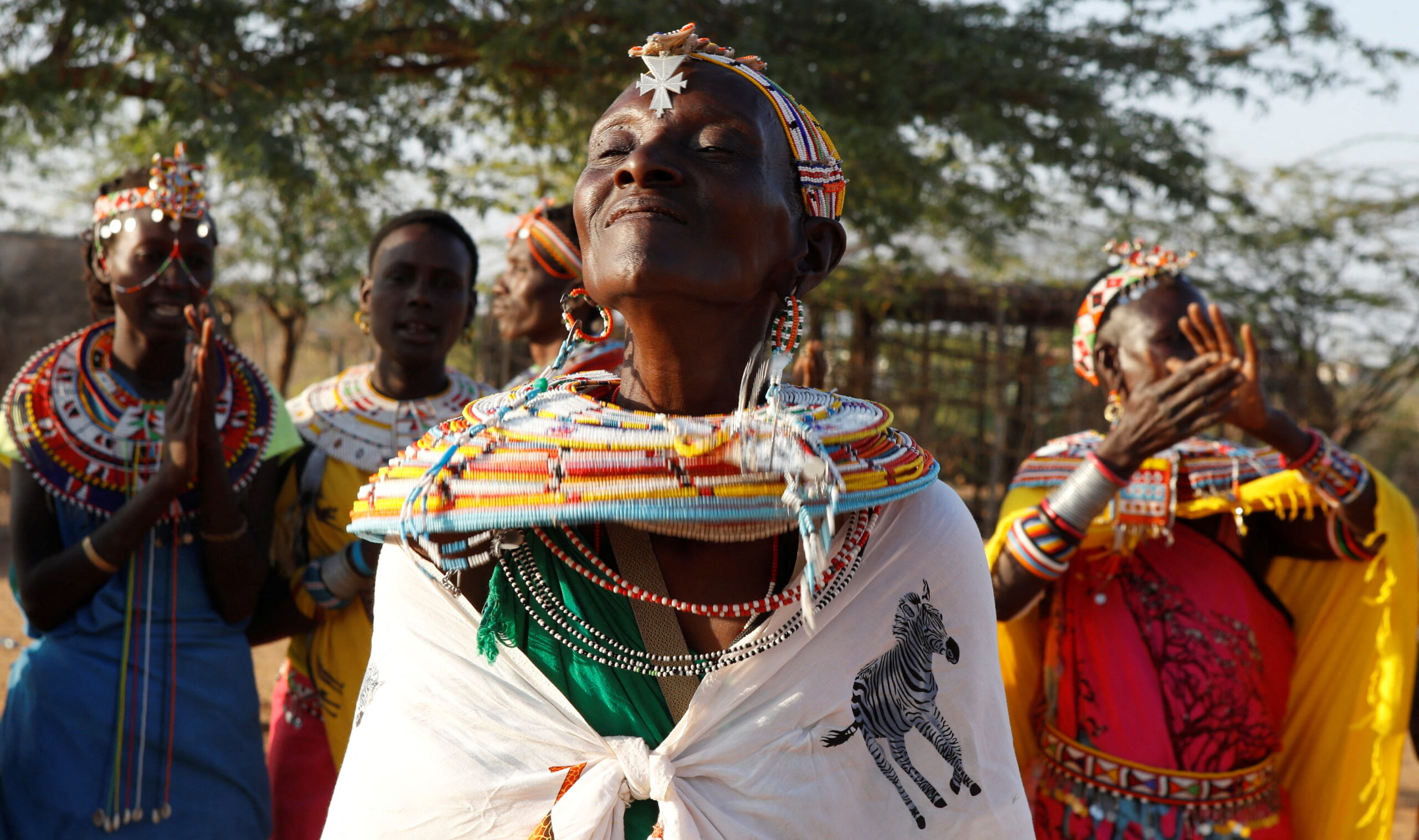A new report launched today by the Clooney Foundation for Justice’s TrialWatch initiative found Kenyan authorities have used the Prohibition of Female Genital Mutilation (PFGM) Act to disproportionately punish victims of FGM, not perpetrators – turning the law against the very people it is designed to protect.
“The PFGM Act must be amended to ensure that it can never be used to prosecute victims”, said TrialWatch Expert Dr. Satang Nabaneh, Director of Programs University of Dayton Human Rights Center and Co-Founder and Board Member, Think Young Women. “In the meantime, all charges against survivors under the act must be dropped and convictions vacated.”
While Kenyan authorities and civil society have made great strides toward combating the practice of FGM, the report finds victims under legal threat for allegedly “procuring” or “failing to report” their own FGM. Prepared in partnership with the American Bar Association Center for Human Rights (ABA CHR), the report is based on in-person trial monitoring and a review of 68 FGM cases from multiple locations across Kenya. In these cases, over 55% of the defendants were women and minor girls who were victims of FGM. By contrast, only 6% of those prosecuted were ‘cutters’—individuals who perform FGM—and 16% were owners of premises where cutters carried out the operations.
Section 24 of the Act – which criminalizes failing to report FGM to law enforcement – was invoked in almost half the observed cases and often against victims of FGM, even though other jurisdictions around the world have understood that such a duty to report is meant to cover third parties.
“A law meant to eliminate female genital mutilation should not result in the disproportionate criminalization of the very victims of this harmful act,” said the Hon. Hermine Kembo Takam Gatsing, African Union Special Rapporteur on Child Marriage and other Harmful Practices. “Those women and girls need help, including medical and psychosocial assistance, not a prison cell and a legal process that exacerbates the harm already done to them.”
Around the world, 230 million girls and women have been subjected to FGM, and victims in Kenya are particularly vulnerable once they are arrested under the Act. Authorities routinely perform genital exams on women and minors after arresting them to find out whether they underwent FGM, but the report found no indication that these tests were done with the survivors’ informed consent. Instead, there were indications that “prosecutors heavily relied on genital examinations to achieve a conviction and did not think they were likely to sustain a conviction without one.”
Once charged, survivors are often subjected to years-long legal proceedings without access to adequate translation or interpretation services if they do not speak the language used in court. Under the law, the mandatory minimum sentence these women face is 200,000 shillings (about $1,500 USD) or three years in prison — a punishment with a pernicious effect on the lives of those convicted, many of whom live in poverty.
TrialWatch and its partners have issued immediate recommendations to ensure the PGFM Act cannot be used to prosecute victims of FGM. The full report is available on CFJ.org.
About the Clooney Foundation for Justice’s TrialWatch Initiative
TrialWatch monitors criminal trials globally against those who are most vulnerable—particularly journalists, democracy defenders, women and girls, LGBTQ+ persons, and minorities. TrialWatch’s work covers more than 40 countries and has led to persecuted individuals being freed or acquitted, and unfair laws reformed, in dozens of cases. TrialWatch is now building a Global Justice Index that will be the first to rank countries on their justice systems through real-world data.
About The Clooney Foundation for Justice
CFJ’s mission is waging justice to create a world where human rights are protected and no one is above the law. We operate in over 40 countries, providing free legal support to victims of human rights abuses. Our aim is to protect those who are being persecuted and ensure that perpetrators are brought to justice, with a focus on protecting women, journalists, defenders of democracy and minorities.
